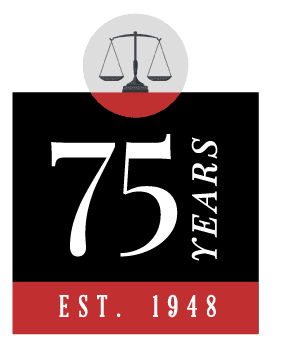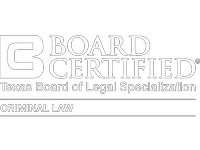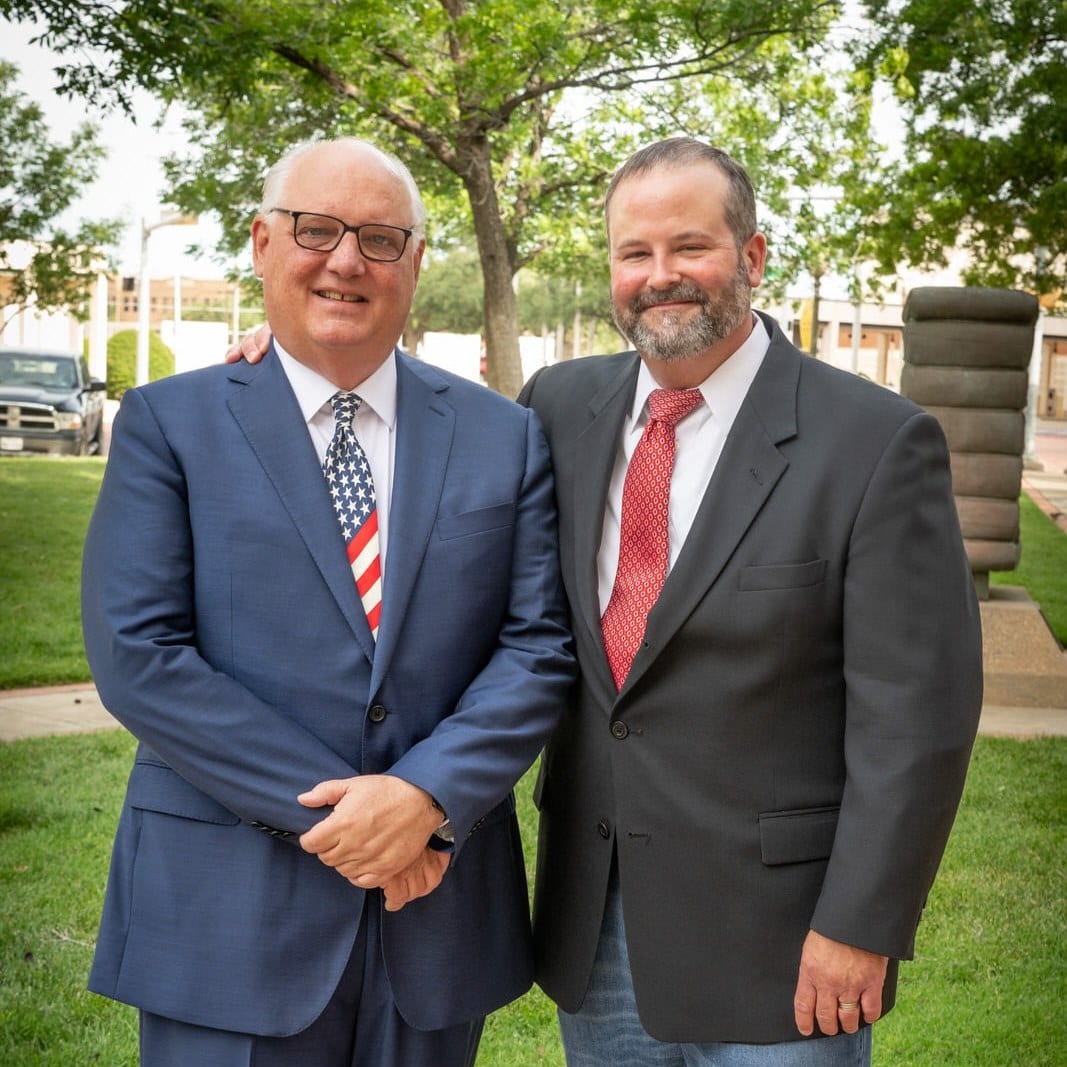A Recent UCW Charge
In 2018, a Texas man was driving home through Royse City one evening after a long day at his construction job, when he was suddenly pulled over for expired registration tags. This normally wouldn’t be a big deal, but little did he know his future was about to be put in jeopardy.
Police called in a K-9 unit and searched his vehicle. After several passes, the dog alerted its handler to check the man’s trunk. Police soon found a confederate flag knife with an aluminum knuckle guard built into the handle, what’s commonly referred to as a “trench knife.” He was quickly arrested for unlawfully carrying a weapon, a class A misdemeanor in Texas, and taken to Rockwall County jail where he faced a fine up to $4,000 and up to a year in jail. After bailing out the next day, he discovered the knife had accidentally fallen out of his girlfriend’s bag when she put it in the trunk. If he didn’t hire an attorney to help him get his record expunged, he would be saddled with a permanent criminal record.
Many Weapons in Texas are Now Legal
When it comes to Unlawfully Carrying a Weapon (UCW) in Texas, following the law can be difficult. Changes to legal and illegal weapons are updated frequently with restrictions on where weapons can be carried. In the example above, trench knifes were made legal in 2019. Despite legalization of most weapons, many defendants are still serving time or dealing with a criminal record from a UCW charge.
House Bill 1935 first went into effect in 2017 and removed the “illegal knives” category from the Texas penal code and instead created a new list of restricted areas like college university facilities and bars. Some of the now legal weapons include Bowie knives, daggers, stilettos, poniards, swords, and spears. Switchblades are also legal thanks to a change to the Texas Knife Law in 2013.
Restrictions on Illegal Knives Remain
The new knife laws in Texas allow for open or concealed possession of bladed tools/weapons under 5.5”. However, for blades longer than 5.5”, it’s still illegal to carry into a restricted area like a courthouse, police station, school, government facility, hospital, church, amusement park, sporting event, or polling place.
If you carry a legal weapon into a restricted area it’s considered a Class C misdemeanor, except on school grounds, where it automatically jumps up to a third-degree felony. For this reason, it’s always a good idea to read and understand local ordinances if you plan on carrying to avoid unexpected legal trouble.
For minors under the age of 18, renting, leasing, loaning or giving a location restricted knife to anyone under age 18 years old is a Class A Misdemeanor. Carrying a location restricted knife outside of a home, personal property or vehicle is a Class C Misdemeanor.
Other Types of Weapons Made Legal in 2019
Another category of UCW weapons is clubs, which the Texas Penal Code Section 46.01 defines as “an instrument that is specially designed, made, or adapted for the purpose of inflicting serious bodily injury or death by striking a person with the instrument.”
Since September of 2019, clubs can now be openly carried, along with blackjacks, nightsticks, maces and tomahawks. This also includes expanding, collapsible or telescopic batons. Finally, nunchucks and tomahawks were also made legal both inside facilities, gyms and in public spaces.
Under Texas law, most of us don’t have hands considered deadly weapons (unless you’re an Arlington MMA fighter). However, before September of 2019, brass knuckles were illegal in Texas. Now, citizens can use brass knuckles of all materials, types and shapes for protection and self-defense.
Fighting a UCW Charge
If you are under investigation for a prohibited weapons case, seek an experienced attorney to protect your freedom and finances. If you were charged and convicted in the past, our law office can expunge your criminal record.
Remember a conviction on a Class A misdemeanor offense can carry a punishment of up to a year in a county jail, and a fine up to $4,000. A third-degree felony charge can send you to prison for 10 years and hit you with a fine up to $10,000. Don’t gamble with your future, Chappell, Lanehart & Stangl P.C. has experience helping people beat UCW charges in Texas. Call us today at (806) 765-7370.
